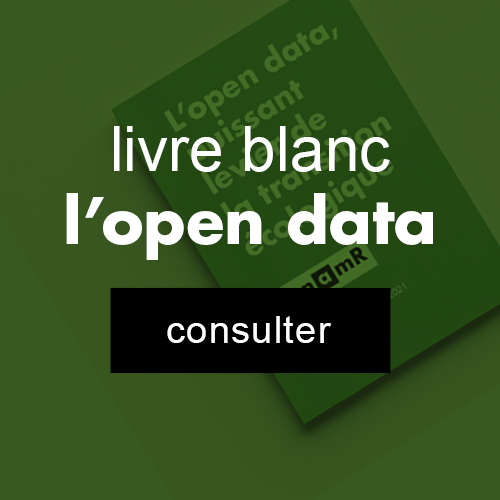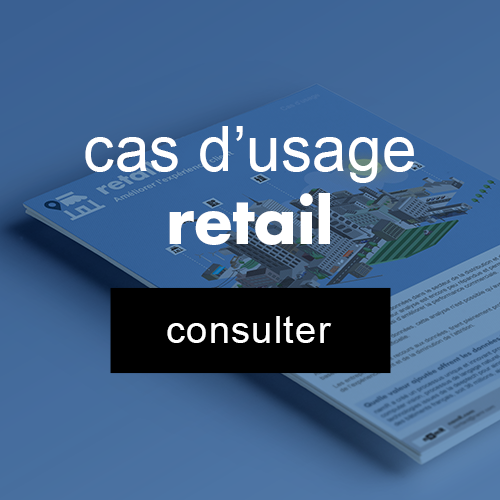The growing French waste collection market
The regional waste prevention and management plans have modernized waste management by giving regions and communes a central role. By a decree published in June 2016, NOTR law obliges them to build a unified plan for the prevention and management of non-hazardous waste, waste from construction and hazardous waste. One can therefore expect action in the sector and an operational optimization at the regional level.
The website Environment Magazine states that the regional waste prevention and management plans must include a complete inventory of waste streams, a six and a twelve year forecast of trends seen in the quantities of waste produced in the territory as well as the demographic and economic developments.
What can big data do in the development of these plans?
The complexity involved in waste management and treatment makes data science a tool of choice. The considerable amount of information and data as well as projection and predictive analysis requirements make data processing a perfectly designed tool.
Increasingly, new technologies using data science are emerging as part of local experiments. Since 2014, the city of Manchester has set up, in partnership with the city university, a new waste management model that involves data collection (through installation of sensors) and optimization of waste management using the data collected. In France, innovative ways of optimizing collection are already being tested in some communes. The main objective is to attach to dumpsters sensors that control their level of filling so as to trigger the garbage picks at the right time. The algorithms can then be used to calculate optimal number of rounds, hence controlling fuel consumption as well as unnecessary usage of trucks.
Some communes are also able to take into account environmental data in the broad sense of the term, enabling them to anticipate and adjust collections according to environmental changes (seasons, tourism, construction of new housing, etc) in an area.
Open data and new business models
It is in the redevelopment phase that sector-wide changes are taking place. We are seeing new intermediate actors who specialize in data processing. Rubicon Global in United States and Hesus in France are few such companies. These data companies have developed bidding platforms where waste recovery companies compete with other companies to win a market. As a result, there is a 20% to 30% reduction in prices. In Brazil, New Hope Ecotech connects polluters with waste collectors to reduce the rate of waste treatment.
In France, data is now obtained and made available by Ademe and the organizations involved in waste treatment. The website Sinoe® gives access to all departmental, regional and national attributes related to collection and/or disposal of waste streams. The Ile-de-France Region Waste Management Inventory (ORDIF) has also published an interactive map with a list of public waste disposal facilities in the region.
For private data companies, all this information is important to build innovative services around reducing waste sorting & treatment cost, optimizing local waste management as well as identifying future or illegal construction sites.



